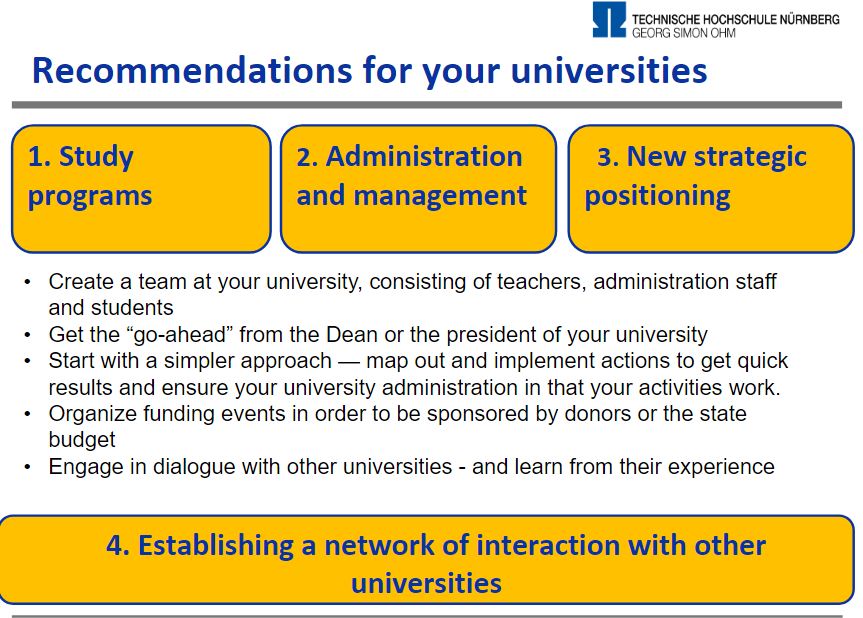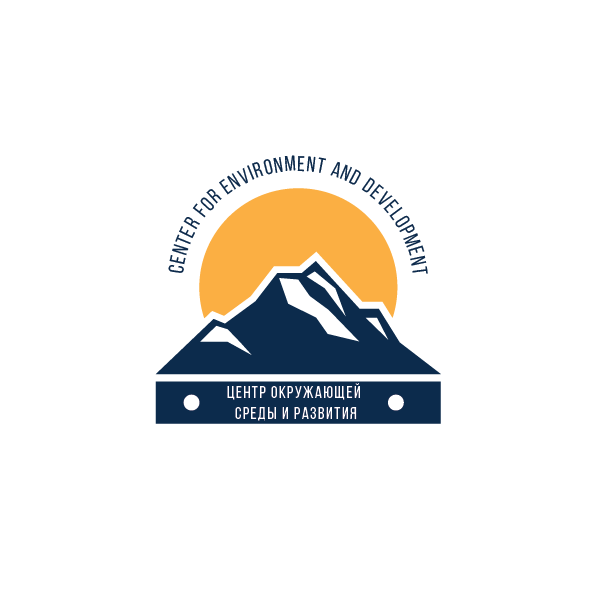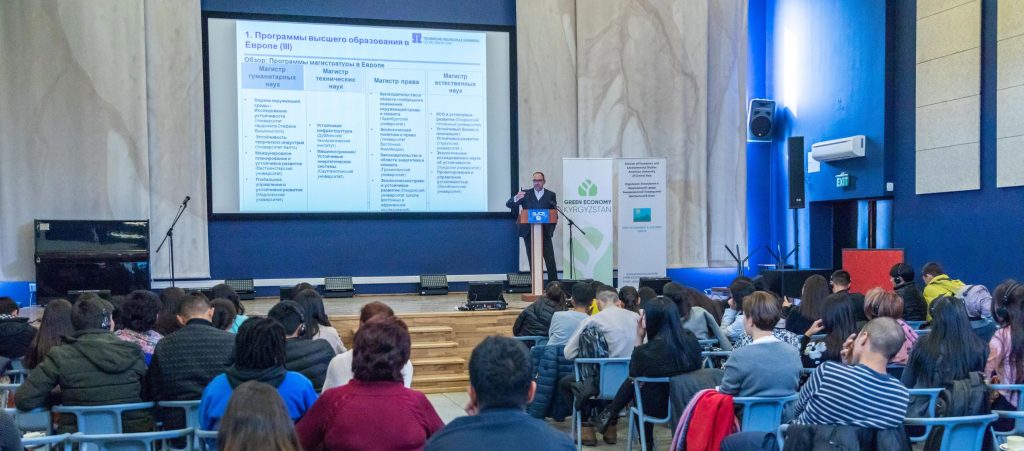
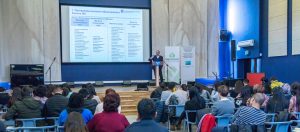 AUCA strives to be environmentally friendly in its activities. Therefore, teachers and students (not only from AUCA, but also from other universities) happily devoted a whole day to a green economy. Together they discussed how the green economy will help develop gender justice, how environmental issues sometimes create investment “traps” for states, and heard comments from international expert Frank Ebinger.
AUCA strives to be environmentally friendly in its activities. Therefore, teachers and students (not only from AUCA, but also from other universities) happily devoted a whole day to a green economy. Together they discussed how the green economy will help develop gender justice, how environmental issues sometimes create investment “traps” for states, and heard comments from international expert Frank Ebinger.
The Green Economy Day at AUCA was held as part of the Green Economy Week in the Kyrgyz Republic – 2018, initiated by the Ministry of Economy of the Kyrgyz Republic. On October 17 two “green” events were held on campus at once:
- a series of presentations, united by a common theme “Education and Science in a Green Economy” with the participation of an expert from Germany;
- an announcement of winners of photo and video contest on the topic of green economics among students and schoolchildren “Become eco-friendly!”.
The Green Economy Day at AUCA was organized by the AUCA Center for Environment and Development in collaboration with GIZ, the Partnership for Action on the Green Economy (PAGE), UNITAR and the analytical center BizExpert.
We talked about Green economy not only in terms of economics and education (full-time and distance), but also in terms of sociology, psychology, and jurisprudence.
Thus, the head of the Social Sciences subdivision of AUCA, associate professor, psychologist Elena Kim showed that green economic development, which is based on the well-being of people, quality of life and social justice, will lead to gender justice, and therefore equality of men and women.
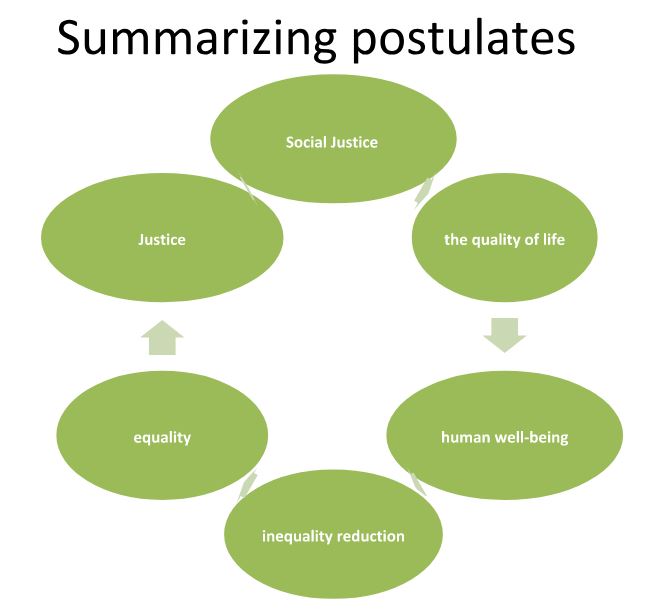
Having access to land and equal property rights, taking an active part in climate policy issues, receiving education, training and protection from discrimination in the workplace, women can equally take part in the green economy.
According to the index of the global gender gap, voiced at the World Economic Forum in 2016, the economic gender gap will disappear in Central Asia in 93 years – by 2109.
A very interesting presentation was given by the teacher Kanykey Kasybekova and associate professor Begayym Esenkulova from the program Jurisprudence of AUCA. It caused a great discussion among the participants and guests of the event. The teachers talked about courses linking jurisprudence with a green economy and sustainable development, using the example of their program.
And they cited several examples from international practice, when interstate investment agreements become “investment traps” for one of the states and threaten with multi-million fines if it makes changes to the laws or adopts new environmental protection legislation, no matter how laudable they are.
For example, an international investment arbitration commissioned Mexico to pay $ 5.5 million to investors from the United States as a result of the introduction of new landfill regulations in Mexico. The activities of the American investor did not meet the new standards, for which he was deprived of the license. He turned to international investment arbitration, which ruled in favor of the investor, defending economic, and not environmental or public interests.
By the way, in international investment arbitration there are more than 10 arbitration cases between Kyrgyzstan and Kazakhstan, Uzbekistan, Canada and other countries, including subsoil use.
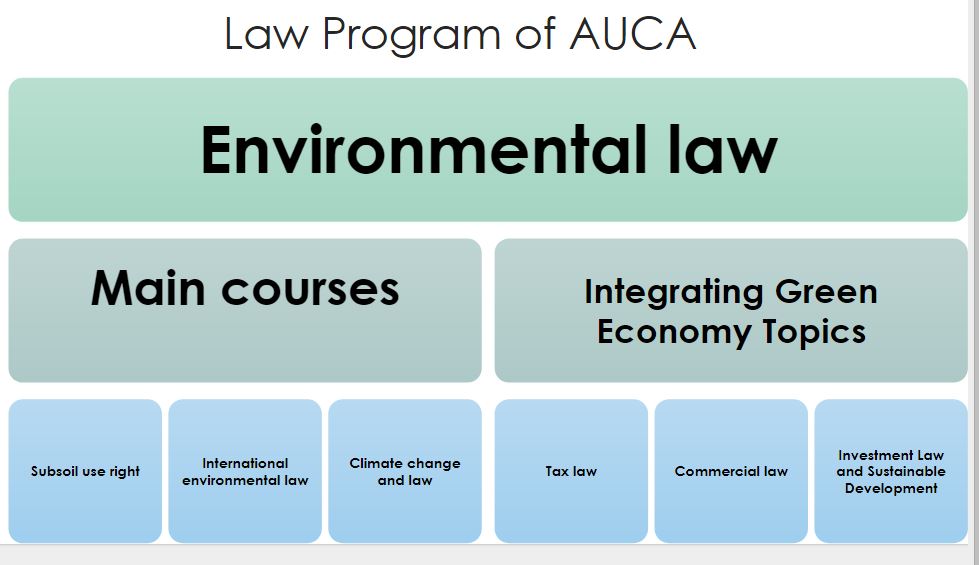
The key speaker at the event was international expert Frank Ebinger, who spoke about the experience of introducing training courses related to the green economy in German universities.
The guest said that undergraduate and master’s programs in many German universities offer training courses in environmental education and sustainable management in various areas (sustainable business, sustainable engineering, sustainable construction, sustainable urban and regional development, sustainable development economics, environmental economics, CSR management, corporate sustainability management, etc.).
Moreover, universities in Germany are not just developing and teaching curricula about sustainable development or conducting research in this direction, but also trying to introduce the principles of sustainability and “green offices” in their campuses. They develop sustainability strategies for their universities, including in the “green” activities of the entire university community, seek to interact with other universities and civil society.
As an example, Frank Ebinger referred to one of the most “green” universities in Germany – the University of Sustainable Development in Eberswalde (Brandenburg). Since 2010, the university is registered in EMAS, a system of voluntary environmental management developed by the European Commission. The goal of the university is not only to teach students the theory of environmental management, but also in practice to reduce the negative impact of the university on the environment. For example, the university uses environmentally friendly sources of energy, paper made from recycled materials, carefully consume energy, introduced vegetarian dishes in the dining room, etc.
Frank Ebinger emphasized in his speech that environmental education and the science of sustainable development are now beyond the scope of one discipline, becoming transdisciplinary.
In conclusion, the German expert praised AUCA.
– The campus you have is already built as energy-efficient. In Europe, they are now switching to building energy-efficient campuses or rebuilding existing buildings, and you already have such a modern eco-friendly campus. Moreover, you go through interdisciplinarity in your training programs. This is the right approach, – said Frank Ebinger.
